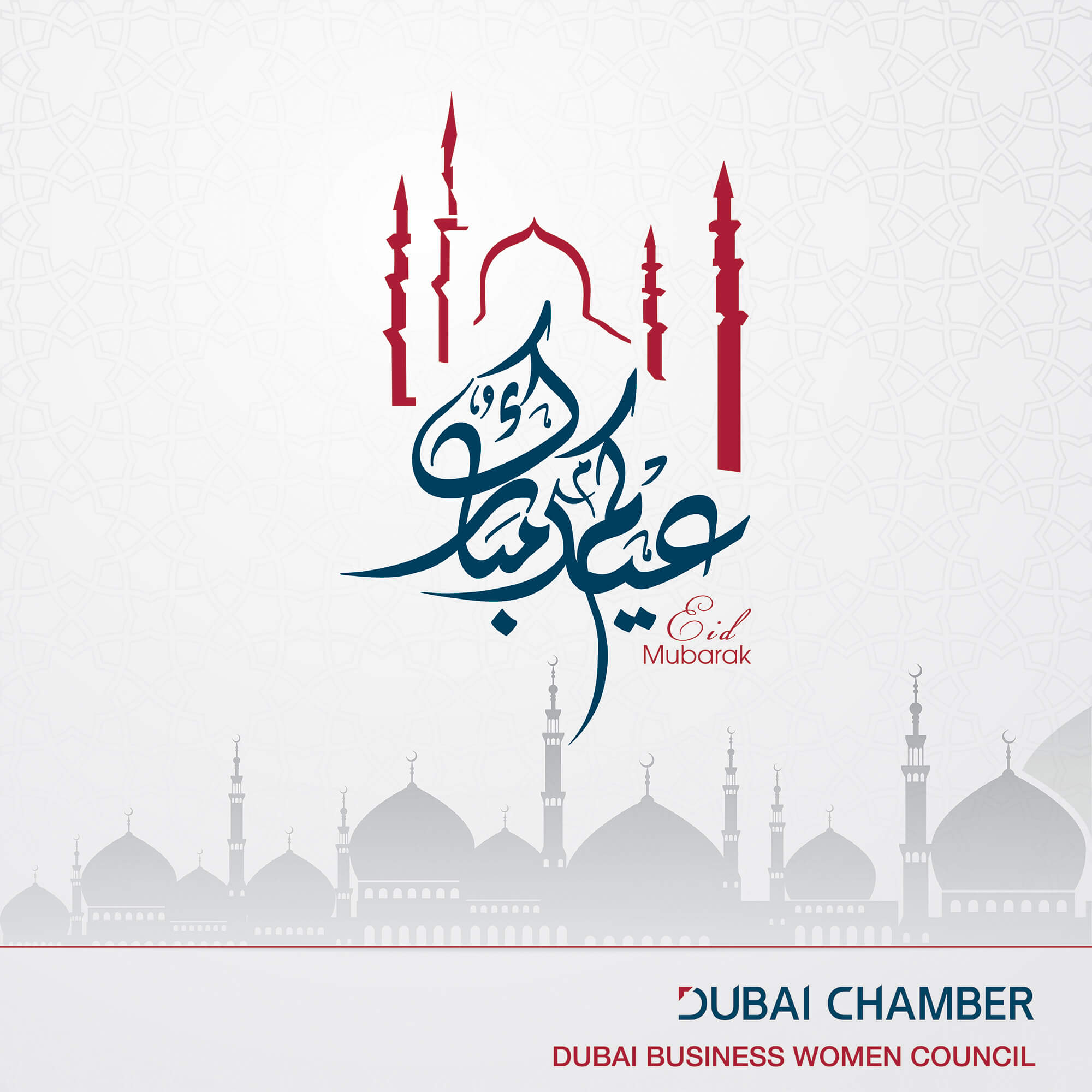Address by Irina Bokova, Director-General of UNESCO
on the occasion of Round Table on “Women in the Economy in France and in
the United Arab Emirates"
UNESCO, 3 June 2015
Excellency Ms Anne-Marie Idrac, former French Minister of State for Foreign Trade,
Excellencies,
Ladies and Gentlemen,
I am deeply honored to welcome you to discuss an issue that stands at the heart of all UNESCO’s action -- promoting gender equality as a condition for equal dignity and human rights, as a transformational force for sustainable development.
I wish to thank the French Business Council of Dubai and Northern Emirates and the Dubai Business Women Council for this initiative, as well as the delegation of Palau for its generous contribution and the Delegation of France for its support.
I am very impressed with the status, quality and openness of the Dubai Business Women Council.
I am also impressed with their programmes and their support to women entrepreneurs and gender equality.
We speak a lot about women in political life – we do not talk so much about women in business.
I wish to start with some simple figures that illustrate the importance of this question:
Today, women represent only 11% of members of executive committees in the private sector worldwide.
Within the EU, they represent less than 3% of business leaders.
Today, there are only 9 women Managing Directors among the 300 richest companies in the world.
At the same time, we know companies that include women on their boards are more efficient and more innovative.
Indeed, studies show that, when there are three or more women, companies realize stronger results, with an average of more than 53% in terms of return on capital employment, and more than 42% in sales.
This is not just a question of numbers.
Women represent a huge potential for efficiency, integrity and experience that is essential to more just, sustainable development – and this cannot be missed out
This is true for business – it is true for society as a whole.
Ladies and Gentlemen,
This inequality carries an unacceptable price, undermining basic human rights, stymying new sources of dynamism.
This is a turning point year for the international community, when States are shaping a new global sustainable development agenda.
Gender equality must stand at the heart of this new agenda – as a fundamental human right, as a game-changer for all societies.
This message is especially important now, as we mark the 20th anniversary of the
Beijing Declaration and Platform for Action.
I had the honour of being in Beijing in 1995, and I recall the energy of that moment
– we must renew with this spirit.
In March, I attended the 59th session of the Commission on the Status of Women, which explored achievements and sought to mobilise all to tackle new challenges.
There has been tremendous progress across the world since 1995.
Maternal mortality has been cut by almost half.
There have been strong steps towards parity for girls and boys in primary school.
More and more women are active in politics.
But steep challenges remain – in education, in healthcare, in leadership, throughout societies.
As business leaders, social leaders and political leaders – each of you here today, I know, is keenly aware of these challenges, and the importance of gender equality for human rights and sustainable development.
I thank you for coming to UNESCO to share insights and experience.
Your leadership is empowering and inspiring to girls and women everywhere.
We must do more to shine the spotlight on women’s leadership.
Take science, where women are only 29 percent of researchers globally.
To counter this trend, UNESCO has a longstanding partnership with L’Oréal to promote women leaders in science, to support thousands of young women researchers across the world.
This is why I am so pleased to hear yesterday that the Government of Mauritius has designated Professor Ameenah Gurib-Fakim as the country’s new president – she was the 2007 Laureate of the L'Oreal-UNESCO Women in Science Award.
We must do far more to enhance the role of women in the media, in decision-making on matters that affect all of society.
As you know well, leadership is not a gift of nature – it is something to be nurtured.
This starts on the benches of schools.
Education gives voice, it encourages civic participation, it widens opportunities on the labor market – education is the most powerful breakthrough strategy for human development.
This conviction guides all of UNESCO’s action to advance education for all.
Too many girls, in too many countries, are held back simply because they are girls.
This situation cannot go on, and this is why we have gathered now, to share experience and move forward together.
In this, I wish to underline the importance of the private sector, and especially the voices of women entrepreneurs, such as yours.
UNESCO was created 70 years ago, on the idea that the foundations for lasting peace had to be built in the minds of women and men, on the basis of human rights and equal dignity.
Today, in a world of opportunity and turbulence, I believe this has never been so important.
Last December, I was honored to attend the Nobel Prize ceremony in Oslo, when Malala Yousafzai said:
I am just a committed and stubborn person, who wants to see every child getting quality education, who wants equal rights for women and peace in every corner of the world.
I know this message has special meaning for you, as business leaders …and as “committed and stubborn” women leaders.
Thank you.


